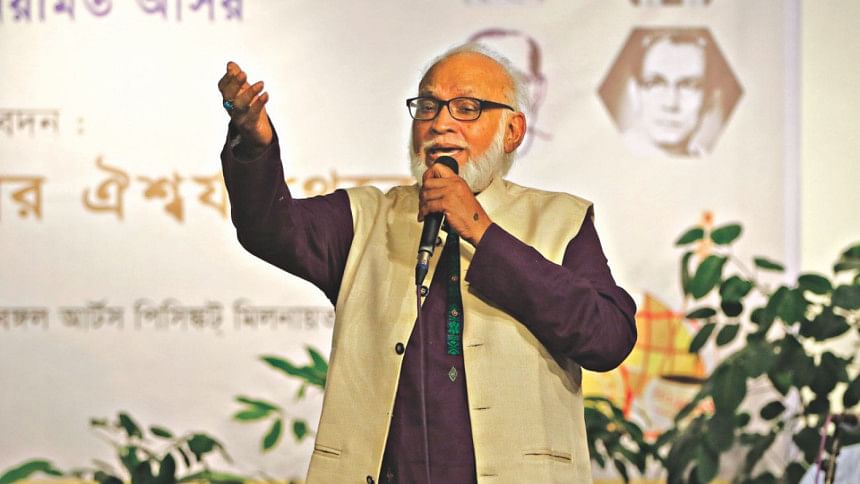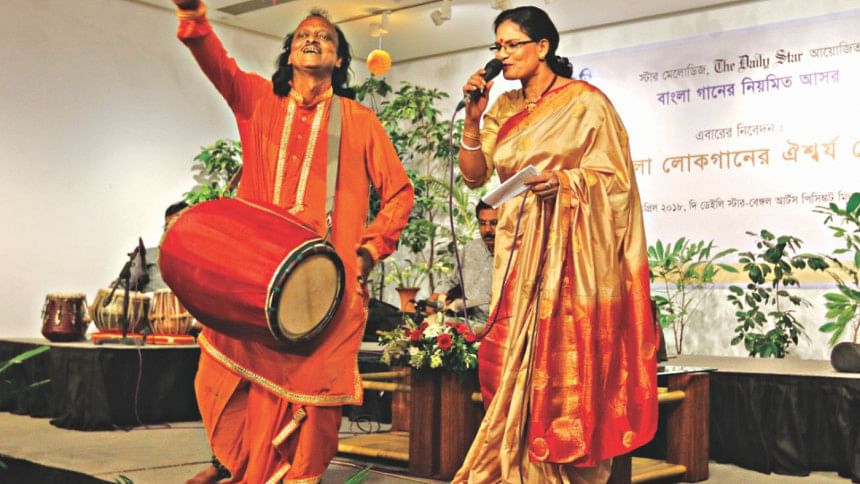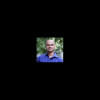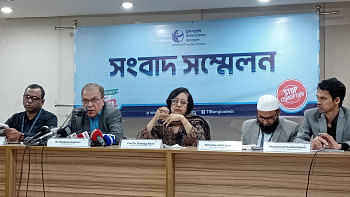Upholding the legacy of Bangla Folk Music

The culture of Bangladesh is composite and manifests itself in various creative forms, including folk music, dance and drama; art and craft; folklore and folk tales; languages and literature; philosophy and religion; distinct cuisine and culinary tradition; and of course festivals and celebrations.
Baishakh, the first month of the Bangla calendar, begins with the biggest celebration on Pahela Baishakh. Bangladesh is a land of music. Folk music, in particular, is deeply connected with the psyche of the country and resonates through the villages of Bengal. Bangladeshi folk songs play a pivotal role in celebrating time-honoured festivals like Chaitra Sankranti, Pahela Baishakh, Nabanna, Paush Parban, Pahela Fulgun and more.

Bangladesh has a rich tradition of folk songs, with lyrics rooted in the vibrant tradition of spirituality, mysticism, and devotion. Folk has come to occupy the lives of Bangladeshis almost more than any other genre of Bangla music. Folk music has a very strong base and popularity, thanks to the immense contributions by great mystic bards of our country.
Star Melodies, the initiative of The Daily Star promoting Bangla music, hosted a celebration of traditional folk songs of Bangladesh by prominent and emerging singers in an event held on April 27 at the Daily Star-Bengal Arts Precinct of The Daily Star Centre. The event featured performances of songs by seasoned singer-researcher Mustafa Zaman Abbasi and renowned singers Chandana Majumdar and Abu Bakar Siddique. As a new initiative to involve students of different institutions across the capital, students of BRAC University performed songs at the programme.

Editor and Publisher of The Daily Star Mahfuz Anam delivered welcome address at the event. He assured all of holding the upcoming Star Melodies programmes in a larger scale and urged the audience to enjoy Bangla songs at The Daily Star Centre.
Noted dhol artiste Dashrath Das and dotara artist Md. Solaiman set off the event with playing pulsating beats of several folk melodies. Students of BRAC University first took the stage to perform four folk songs -- “Hason Rajaye Koy”, “Tomar Naam-e Okul Gangey”, “Ami Opar Hoye” and “Maya Lagaichhe”.
Virtuoso singer Mustafa Zaman Abbasi, son of legendary singer Abbasuddin Ahmed, with his sonorous yet melodic voice, rendered several folk songs including “Bondhu Amar Kon Bon-e Lukailo”, “Daag-er Moto Daag Lagaili”, “O Pran Sajani” and “Aji Nodi Na Jaiyo Rey”. With expressing his apt sense of humour, the artiste-writer-researcher entertained all with stories and allusions, and inspired the audience to sing a DL Roy song “Dhono Dhanno Pushpo Bhora” with him.

Noted folk singer Abu Bakar Siddique was on musical high while performing a Deeno Bhobananda song “Amar Haar Kala Korlam Rey”. He also shared the background story of the birth of the timeless song. He later presented another song “Kala Ghar-er Bahir Korli Amarey” of the bard. He wrapped up his part with a Jalaluddin Khan number “Amarey Banaili Piriter Diwana”.
Upholding the spirit of humanism, prominent singer Chandana Majumdar first performed the song “Jogot Muktite Bholalen Shai”. The artiste then rendered a few Lalon songs - “Shinni Khaoar Lobh Jaar Achhey”, “Kori Mona Kam Chharey Na” and “Manush Bhojle Sonar Manush Hobi”. She wrapped up the soiree performing a Shah Abdul Karim song “Gram-er Noujoan” shedding light on celebrating festivity of humanity in unison.
The programme was anchored and directed by eminent Nazrul exponent and Star Arts & Entertainment Editor, Sadya Afreen Mallick. Dr. Syed Saad Andaleeb Vice Chancellor of BRAC University when invited to share his views on the evenings performance observed that the cultural initiatives of The Daily Star to involve students from different education institutions held great promise as it could broaden the students' perspective of life and draw them ever closer to the fabric of Bangladesh's heritage.
Iftekhar Hossain Sohel on keyboard, Bishwajit Sarkar on tabla, Dashrath Das on dhol, Mamunur Rashid on flute, Md. Solaiman on dotara beautifully accompanied the performances.
In an explosion of melodies, rhythms and colours, the programme hailing Baishakh saw much enthusiasm and close interaction between the artistes and the audience.

 For all latest news, follow The Daily Star's Google News channel.
For all latest news, follow The Daily Star's Google News channel. 





Comments